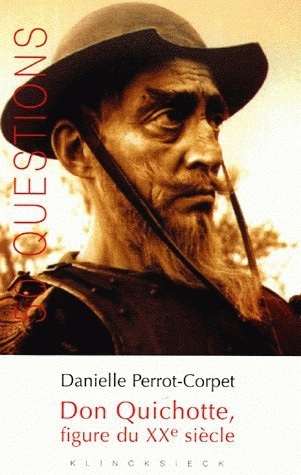Nineteenth-century romantics had turned Don Quixote into the defender of the ideal against the prosaic baseness of its century — an ethical beacon in the pantheon of the greatest literary myths, in opposition to such sombre characters as Faust, Don Juan and Hamlet. But it was in the twentieth century that Don Quixote and his hero were the most often cited, commented upon, imitated, performed, supported or rejected, not only in the arts and letters, but also in political, philosophical, religious — and psychiatric — debates. As a symbol of personal quest in a century of mass movements, a guardian of culture or a fanatical ideologist, defender of the weak or dreamers, Don Quixote serves as a medium for twentieth-century readers to reflect upon the tensions between the subjective and the collective, theory and practice, the need for things to make sense and the impression of the absurd.
As for the book of his adventures, which twentieth-century critics claimed to be the founding work of the modern novel and which was analysed with increasing frequency as the product of his author's triple culture — Jewish, Christian and Muslim — it has become an ever more timely tool for its language and power, to inquire into the historical components of the European identity.
Danielle Perrot-Corpet, who is a graduate of the École normale supérieure and holds an agrégation in Modern Letters, is currently a Senior Lecturer in Comparative Literature at Université Lumière-Lyon 2. She is the author of Écrire devant l'absolu : Georges Bernanos et Miguel de Unanumo.




